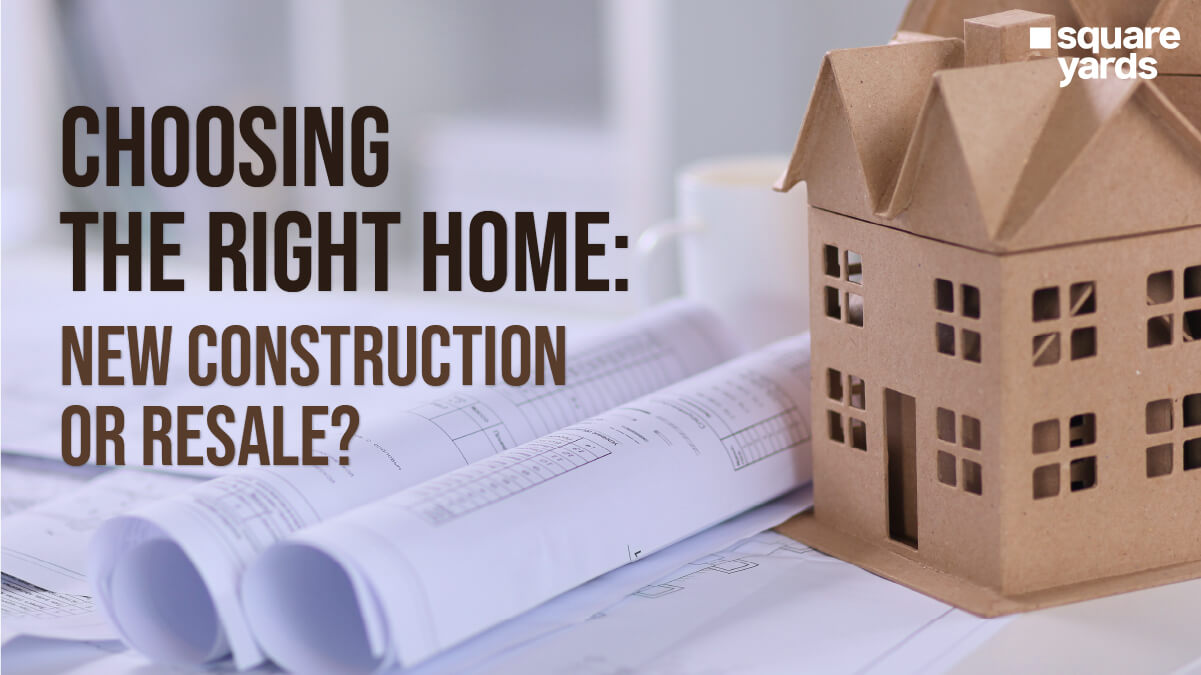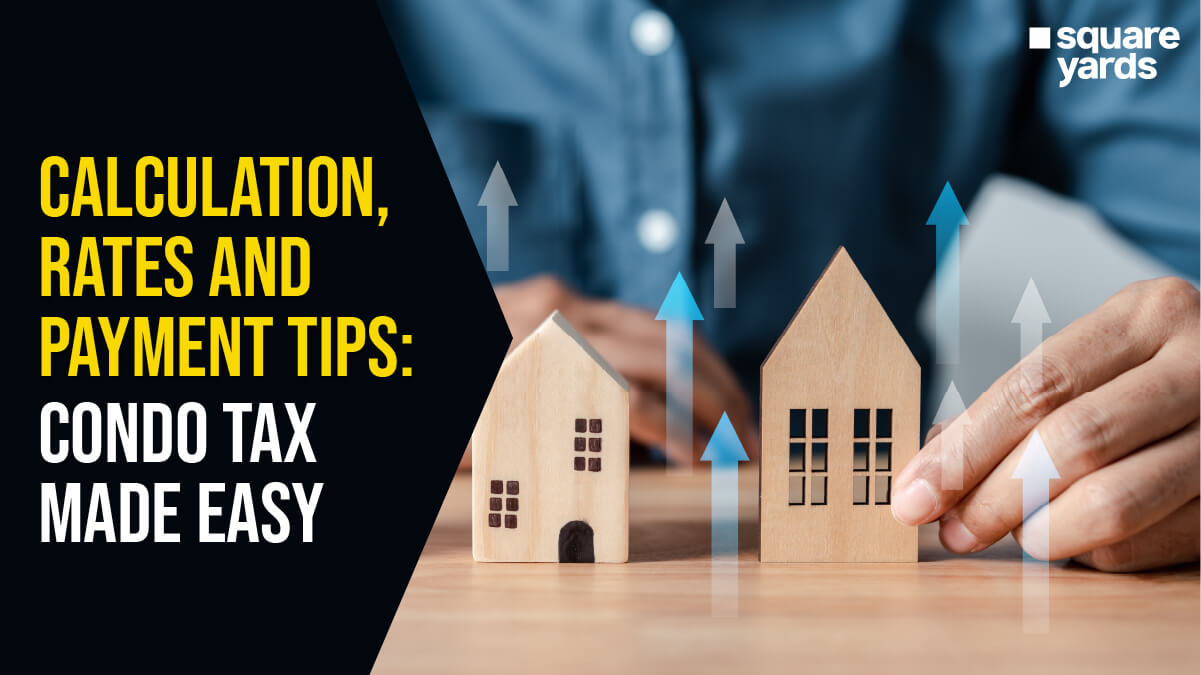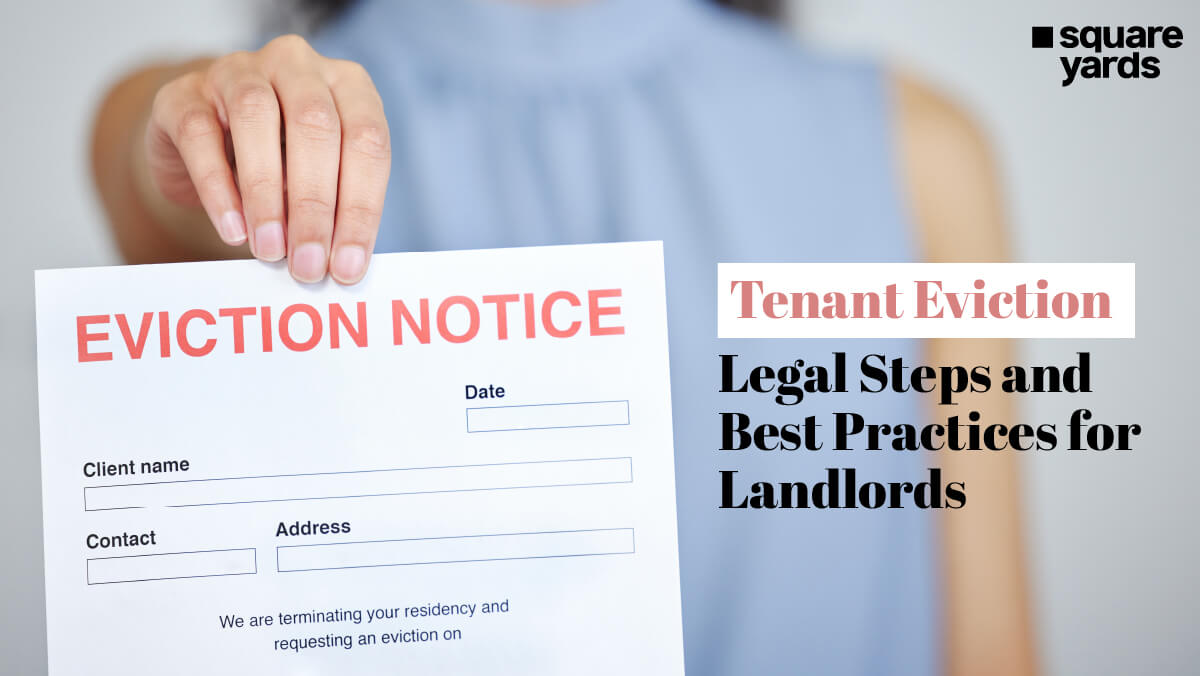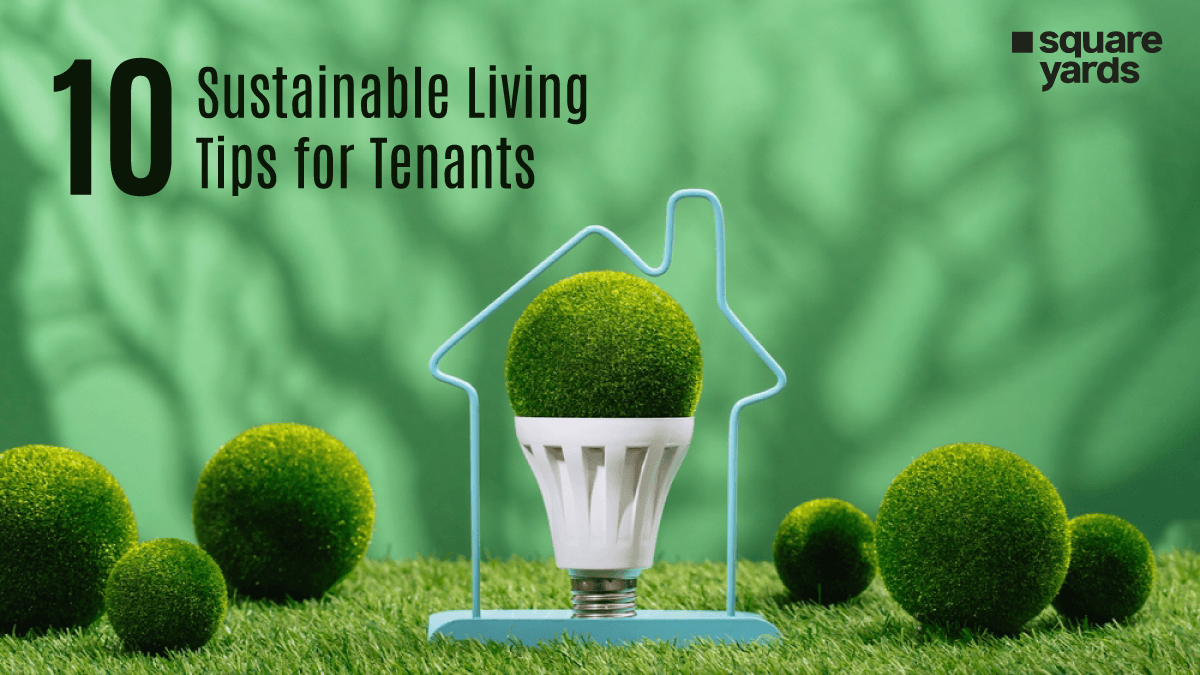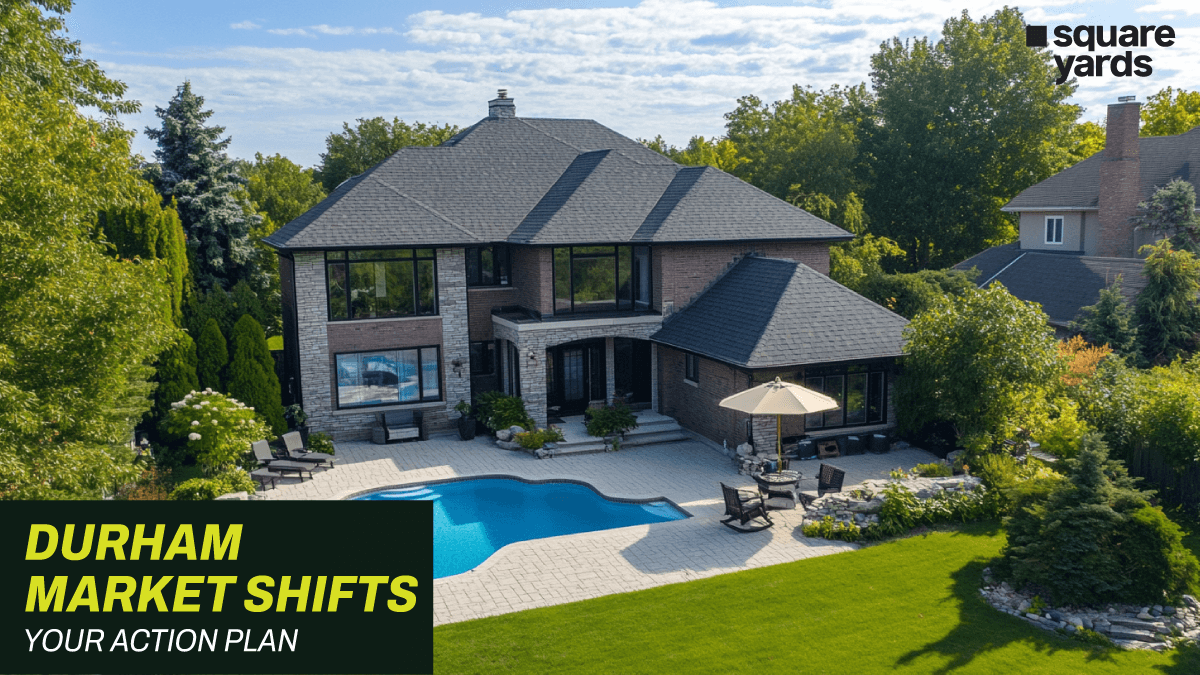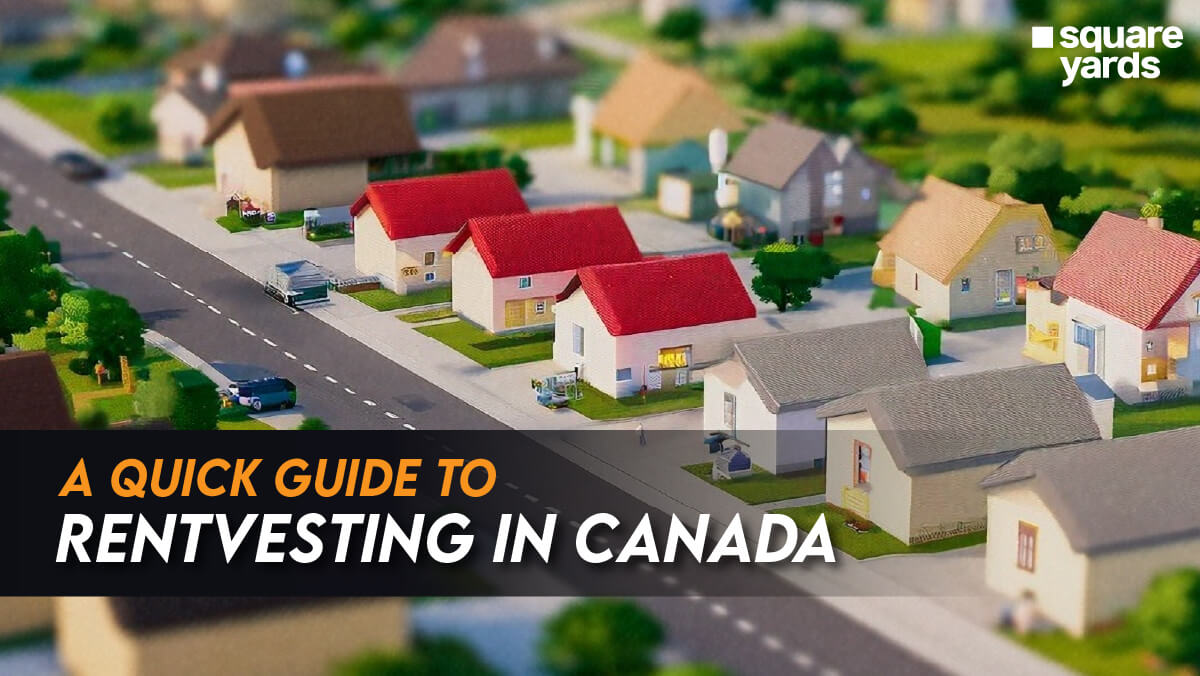Are you ready to buy a home in Canada but torn between the appeal of brand-new construction vs resale homes property? It’s a big decision, and each choice has unique perks and potential drawbacks. Imagine creating a space that’s all your own with the latest tech and energy-saving features. In this guide, we’ll walk you through the pros and cons of both new and resale homes, helping you decide which option best suits your lifestyle and budget. By the end, you’ll have a clearer picture of what each type of home can bring to your future!
Understanding New Construction and Resale Homes
A newly constructed home is a brand-new property that’s never been lived in before. These homes are part of new developments and often allow for personalisation in areas like layout, finishes, and fixtures. They come with modern designs, energy-efficient systems, and the latest technology, making them attractive to buyers seeking a fresh start.
A resale home, on the other hand, is a property that has been previously owned and is now for sale again. Located in established neighbourhoods, resale homes come with unique features such as mature landscaping, and a developed community atmosphere. While they may have some wear and tear, these homes offer immediate move-in options and a character that many buyers find appealing.
Advantages of Buying a Newly Built Home
Opting for a newly built home has several appealing benefits catering to modern preferences and needs. These advantages make new construction homes attractive for buyers who want homes that align with contemporary standards and require minimal work after moving in.
Personalisation Options
A newly built home should undeniably be your first choice for curating a home that shouts your style statement from every corner. You will be free to curate your choices that fit your taste, from kitchen counters to flooring styles. This means the builder allows you to design your home according to your desired layout, finishes, and fixtures from the beginning.
Modern Technology and Energy Efficiency
New construction homes are the right step if you advocate for sustainability and want to limit your carbon footprint. These homes are practically planned using the latest innovations and energy-efficient features such as high-performance windows, insulation, and appliances. Including these advanced technologies helps reduce utility bills, which are better for the environment and friendly for your long-term savings.
Reduced Unexpected Expenses
One of the pros of new construction homes is the peace of mind associated with reduced costs during the initial years. Since the house is new, you’re less likely to face immediate repair costs, from the roof to the appliances. Additionally, most new homes come with builder warranties, covering major systems for a few years.
Contemporary Designs and Functional Layouts
New homes are tailored to today’s lifestyle preferences, often featuring open layouts, generously sized kitchens, ample storage options, and additional bathroom facilities. These thoughtful designs prioritise practicality and comfort for contemporary households.
Enhanced Features and Safety Standards
Newly built homes often include state-of-the-art amenities such as smart home systems, walk-in showers, and integrated security solutions. These modern features not only prioritise safety but also provide added convenience, aligning with the expectations of today’s buyers.
Drawbacks of Choosing a New Construction Home
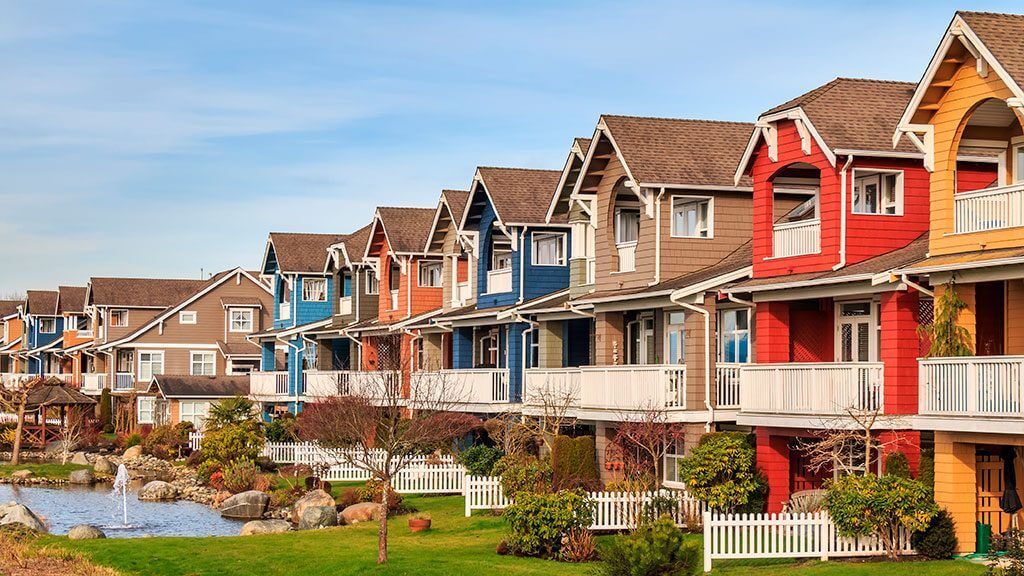
Although new construction homes come with many appealing benefits, there are some potential downsides to keep in mind. These considerations show some of the challenges associated with buying a new home. Carefully evaluating these factors can help you determine if a new construction property fits your needs and expectations.
Higher Cost
New construction homes usually cost more because they use contemporary materials, advanced features, and customisation opportunities. Adding upgrades to the standard model can increase expenses, possibly stretching your budget further.
Minimal Landscaping and Developing Community
New developments often feature minimal landscaping initially, with trees and plants needing time to flourish. Additionally, community facilities and local amenities may take a few years to become fully established in these areas.
Unpredictable Timeline
Building a new home can experience unexpected delays due to factors such as weather conditions, limited labour supply, or material availability issues. These setbacks might prolong the process, making meeting a planned move-in timeline difficult.
Location Constraints
New construction homes are commonly situated in suburban or outer areas where land is more accessible. While these locations provide a peaceful setting, they often involve longer travel times to city centres, schools, and essential amenities.
Potential Ongoing Construction Nearby
Since new developments are often built in phases, you may have to contend with continued construction nearby. This can bring noise, traffic, and dust until the entire neighbourhood is completed, impacting your living environment.
Benefits of Purchasing a Resale Home
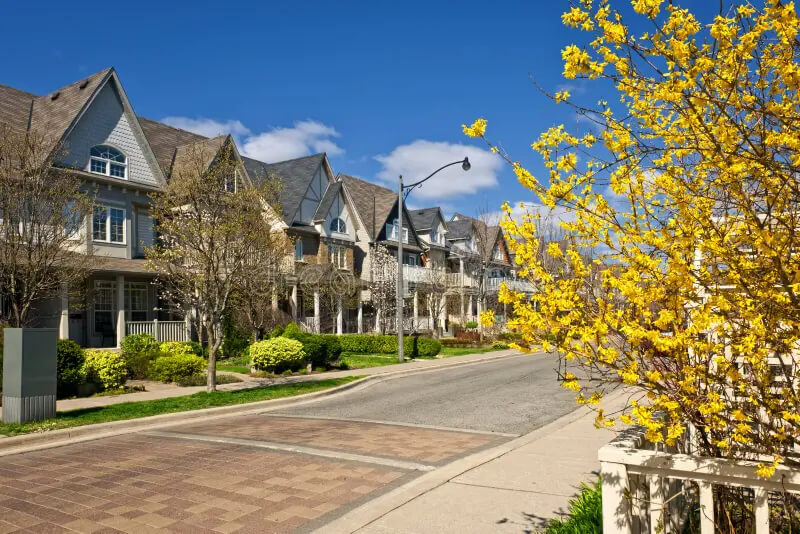
Choosing a resale home has several advantages that make it a popular option among homebuyers. These benefits make resale homes attractive for buyers who value location, affordability, and the charm of a lived-in property.
Well Established Communities
Since resale homes are typically located in well-developed neighbourhoods, many homeseekers appreciate the convenience of nearby amenities like schools, parks, and shops. Established neighbourhoods often have a unique character that newer developments may need to improve.
Affordable Options
Resale properties are often more cost-effective than new builds, offering larger living spaces or bigger plots at a similar price point. Additionally, sellers may be open to negotiations, providing buyers with more opportunities to save.
Immediate Move-In
One significant advantage of resale homes is that they’re ready for immediate occupancy. For those on a tight schedule, this eliminates the waiting time required for construction to finish.
Roomy Interiors
Older homes often feature larger rooms and more spacious layouts, reflecting a time when homes were designed to accommodate bigger families. This makes them an excellent choice for buyers looking for extra space and practicality.
Character and Unique Features
Resale homes often come with distinctive architectural details and design elements that give them a unique charm. From classic finishes to intricate woodwork, these features can add warmth and personality that may be harder to find in new builds.
Disadvantages of Buying a Resale Property
While resale homes have many benefits, there are also some cons of resale homes to consider:
Increased Maintenance and Repair Needs
Resale homes often require more upkeep than new builds, as wear and tear from previous owners may take its toll. Essential systems such as plumbing, roofing, and electrics might need repairs or replacement sooner, leading to unplanned expenses.
Lower Energy Efficiency
Older homes typically lack modern energy-saving features like advanced insulation or efficient heating and cooling systems. This can result in higher utility bills and additional costs if you choose to upgrade the property for better energy performance.
Outdated Features and Designs
The design of many resale homes may need to align with contemporary preferences for open-plan living. Smaller kitchens, limited bathrooms, and closed-off spaces can feel less practical for today’s living standards, and renovations may be needed to modernise the layout.
Limited Customisation Potential
When purchasing a resale property, buyers are often constrained by the home’s structure and design. Significant changes, such as extending the kitchen or adding new rooms, can be expensive and limited by the original construction, reducing the ability to personalise the space.
Potential for Hidden Issues
Older homes may have hidden issues, such as outdated wiring, mould, or structural wear, that aren’t always visible at first glance. A thorough inspection can help identify these problems, but repairs may still be necessary, adding to the overall cost of ownership.
Final Thoughts
So, which is right for you: the sleek modernity of a new build or the charm and character of a resale home? New construction homes offer customisation and the latest features but require more flexibility with your budget and timeline. Resale homes come with established communities and affordability but may need extra upkeep. Consider what suits your lifestyle and priorities—creating a personalised space or settling into a neighbourhood with history and convenience. The choice is yours!
You May Also Read :
|
Guide To New Construction Home |
|
|
What is House Hunters in Canada |
|
|
All About Homeowners Association Canada |
|
|
Know The Tiny Home Communities |
Frequently Asked Questions (FAQs)
Building offers customisation but is often more expensive and time-consuming, while buying is usually faster and potentially more affordable. Consulting with experts can help you decide what’s best.
Housing prices in Canada vary by region and are influenced by market trends, so while some areas may see price adjustments, a significant national decrease isn’t certain.
New homes often retain strong resale value due to modern features, but factors like location and market conditions play a big role in long-term value.
Houses come with maintenance responsibilities and higher costs, and some may be farther from city centres, impacting convenience and accessibility.
Building values generally appreciate good upkeep and a favourable location, though market conditions and neighbourhood developments also impact value growth. Is it better to build a house or buy in Canada?
Are houses going to get cheaper in Canada?
Do new construction homes have good resale value?
What are the disadvantages of living in a house?
Does building value appreciate?

